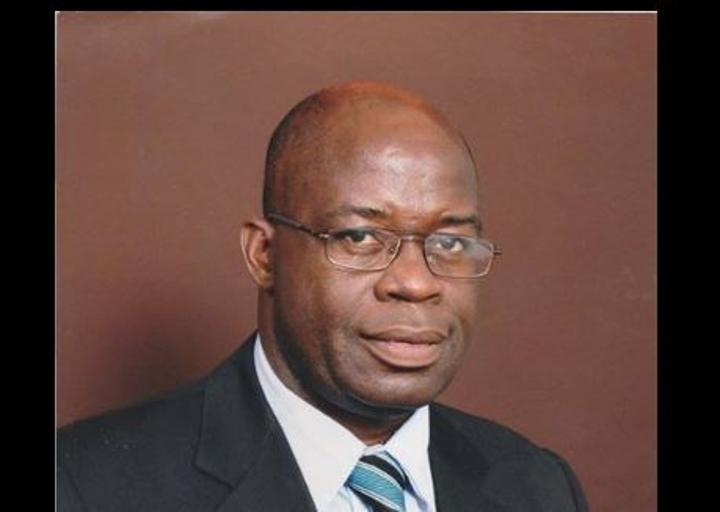Africa-Press – Zambia. There is hope and despair about the case for free education in Zambia. Debate is still raging on whether it is feasible to provide free education in our country or not. For me, whether I’m a capitalist or Socialist, whether I’m UPND or PF , whether I’m an economist or not, I support free education in Zambia.
Here is why. It is practically impossible to develop the country with a huge population of uneducated people. The economy needs skilled people who will drive the wheels of industry. And the brains and intelligence to succeed in education are not a preserve of people with money.
I’m a beneficiary of free education. Despite coming from a poor family, I was able to go to the University of Zambia and obtain a Degree in Economics and Business Administration. Without free education policy by President Kenneth Kaunda , I would probably be heading cattle in the village by now. Indeed, many of the leaders in our country today are products of free education in Zambia, including the current Finance Minister Dr Situmbeko Musokotwane, Education Minister, Hon Douglas Syakalima and Republican President , His Excellency Hakainde Hichilema. It will be immoral for those of us that have climbed to the top using the ladder of free education to cut and throw away the ladder so that other poor children don’t climb to the top. Education is the greatest equaliser of opportunities in life.
Perhaps the question many critics of free education are asking is; do we have the resources in Zambia to re-introduce free education? For me, the starting point in attempting to answer the question is to ask ourselves what it costs to educate a child in Zambia. What are the components of expenditure in the provision of education in schools? Going by the estimates by the Ministry of Education, it costs about K650 per year to educate a pupil at secondary leve in a day school and K1200 per pupil per term to educate a pupil in a boarding school. At least, that is what parents are being asked to pay for pupils at secondary school level.
By far the biggest component of expenditure in running schools is salaries for teachers. Salaries are already being paid by government. The same scenario is existing even in the private sector where salaries for teachers constitute the biggest component of the school’s budget. Many of the children that are failing to go to school are doing so because of failure to raise even examination fees of about K60!. Why should a child drop out of school because of examination fees of K60?. Is that being serious as a country?
If the government is already footing the bigger bill for educating the Zambian child, why should we fail to give a little push to the children to get education?
There also appears to be a policy mix-up in the education of the Zambian child. The government is already providing free education at primary school level and giving loans or bursaries to college and university students. There is a yawning gap in this kind of education system. The government has left out the secondary school pupils in the provision of free education or bursaries.
I have not yet understood why the previous government did this. In my opinion, the current government needs to review this policy to include free education for secondary schools.
In order to provide free education for secondary schools, the country needs to take practical steps to achieve education fall all. Given the financial and budgetary constraints the country is taking, there should be a phased approach in the provision of free education for secondary schools. Phase one should provide for free education to all pupils in Day Schools. It is cheaper and feasible. Phase two should provide for free education to all secondary pupils in boarding schools.
Infact, government should minimise boarding schools and place more emphasis on day schools. Some of the student hostels in boarding schools should be converted into class rooms to increase enrolment of pupils in day schools.
Obviously, with the increased enrolment of pupils in day schools, more teachers will be needed. Government should employ more teachers to handle the increased enrolment in day schools. Chapwa, kwasira, kunahu.







